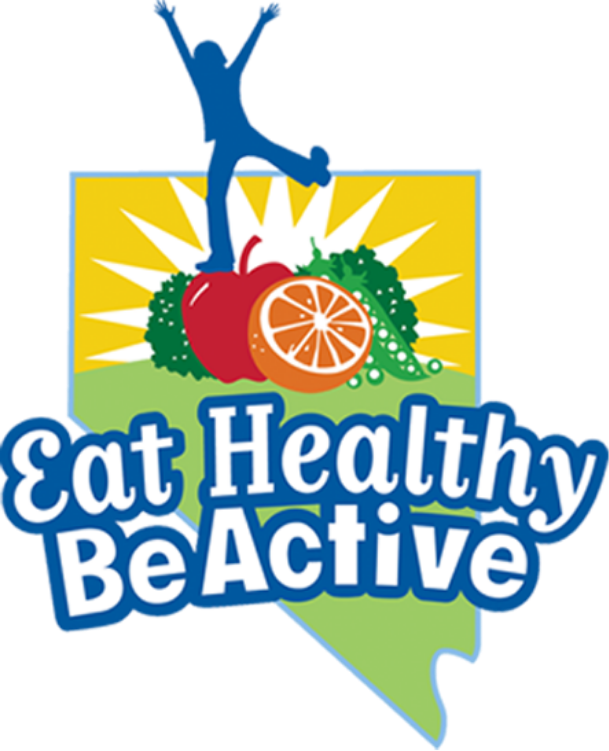Healthy eating is important at every age. Eat a variety of fruits, vegetables, grains, protein foods, and dairy or fortified soy alternatives. When deciding what to eat or drink, choose options that are full of nutrients and limited in added sugars, saturated fat, and sodium. Start with these tips:
- Enjoy meals with friends or family members as often as possible. Take advantage of technology to enjoy meals virtually with loved ones in different cities or States.
- You may not always feel thirsty when your body needs fluids, and that’s why it’s important to drink beverages throughout the day. Enjoy coffee and tea if you like, or some water, milk, or 100% juice.
- Limiting salt is important as you get older. Fresh and dried herbs and spices, such as basil, oregano, and parsley, add flavor without the salt.
- Older adults need plenty of nutrients but fewer calories, so it’s important to make every bite count. Foods that are full of vitamins and minerals are the best way to get what you need.
Adults aged 65 and older are more likely to be hospitalized or die from foodborne illness. This increased risk of foodborne illness is because organs and body systems go through changes as people age:
- The body’s immune response to disease grows weaker.
- The gastrointestinal tract holds onto food for a longer period of time, allowing bacteria to grow.
- The liver and kidneys may not properly rid the body of foreign bacteria and toxins.
- The stomach may not produce enough acid. The acidity helps to reduce the number of bacteria in our intestinal tract.
- Underlying chronic conditions, such as diabetes and cancer, may also increase a person’s risk of foodborne illness.
We recommend making safe food handling a lifelong commitment to minimize your risk of foodborne illness. Be aware that as you age, your immunity to infection is naturally weakened. If you are 65 or older, or prepare food for someone who is, always follow the four steps:
- Clean: Wash hands, utensils and surfaces often. Germs can spread and survive in many places.
- Separate: Raw meat, poultry, seafood, and eggs can spread germs to ready-to-eat foods, so keep them separate.
- Cook: Food is safely cooked only when the internal temperature is high enough to kill germs that can make you sick.
- Chill: Refrigerate perishable food within 2 hours. If the food is exposed to temperatures above 90°F (32°C) (like a hot car or picnic), refrigerate it within 1 hour.
